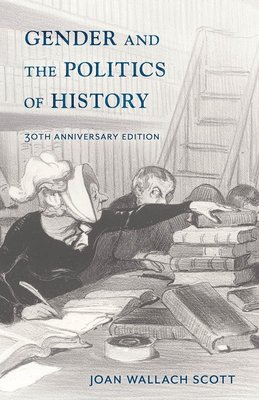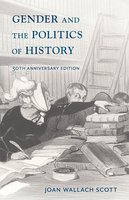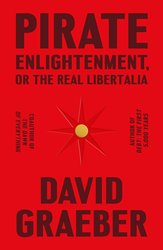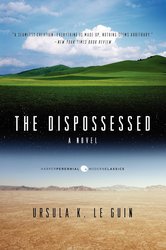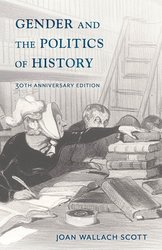This landmark work from a renowned feminist historian is a foundational demonstration of the uses of gender as a conceptual tool for cultural and historical analysis. Joan Wallach Scott offers a trenchant critique of the compartmentalization of women’s history, arguing that political and social categories are always fundamentally shaped by gender and that questions of gender are essential to considerations of difference in history. Exploring topics ranging from language and class to the politics of work and family, Gender and the Politics of History is a vital contribution to feminist history and historical methodology that also speaks more broadly to the ongoing redefinition of gender in our political and cultural vocabularies. This anniversary edition of a classic text in feminist theory and history shows the evergreen relevance of Scott’s work to the humanities and social sciences. In a new preface, Scott reflects on the book’s legacy and implications for contemporary politics as well as what she has reconsidered as a result of her engagement with psychoanalytic theory. The book also includes a previously unpublished essay, “The Conundrum of Equality,” which takes up the question of affirmative action.
